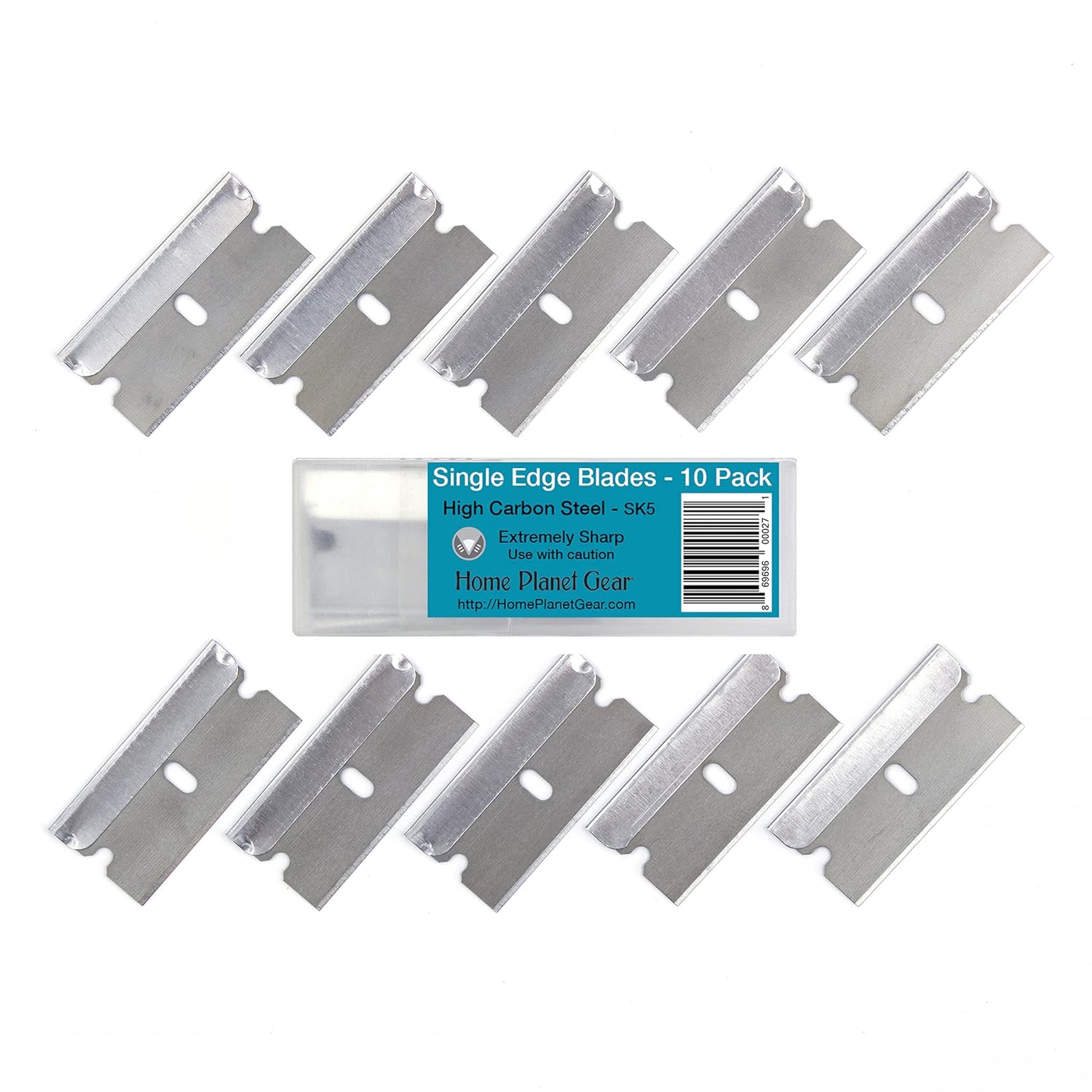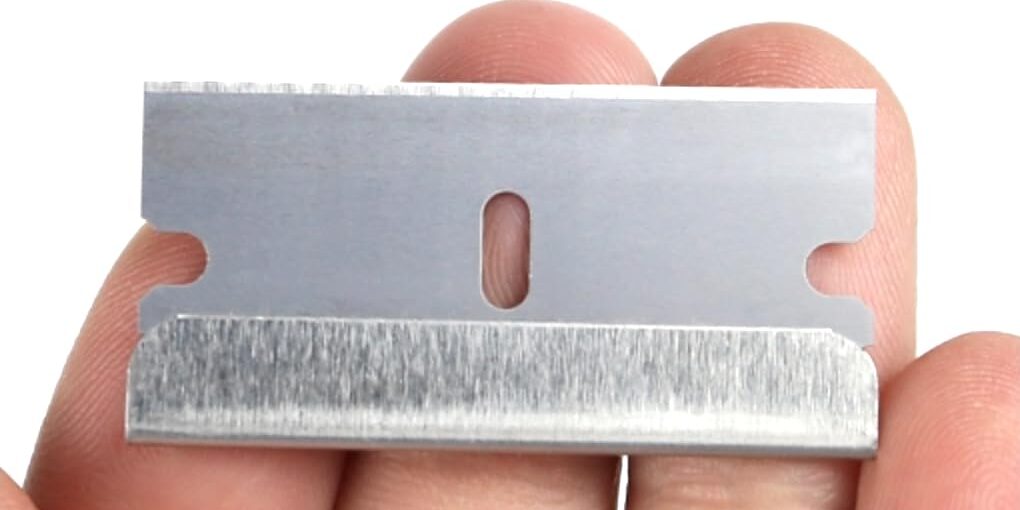One Tool, Many Uses: Single Edge Razor
Single edge razors can be used for shaving, of course, but they have tons of other handy functions around the house. These multitasking tools are good to keep in the tool drawer, but remember to store them securely so the blades don’t dull and people don’t accidentally cut themselves. It’s also advisable to wipe the blade down between uses and periodically strop and oil it to keep it in good cutting condition. Dull blades increase the risk of injury in addition to not cutting as well.
Special holders are available for single edge razors, for people who prefer not to hold the blade directly. These offer an ergonomic advantage, as working with a razor for extended periods of time can be hard on the hands. Many are made from silicone and other flexible materials that provide some give under the user’s grip so they will be comfortable to use.
You can read the whole article about this on https://www.networx.com/article/one-tool-many-uses-single-edge-razor
Uses of Single Edge Razors
- IN THE KITCHEN
- FOR CRAFTS PROJECTS
- AS A SCRAPER
- IN THE GARDEN
- FOR HOME IMPROVEMENT
IN THE KITCHEN
In the kitchen, a single edge razor is an essential tool. The thin, sharp blade is great for peeling vegetables, especially those with uneven surfaces that don’t take well to a conventional vegetable peeler. You can also use razors to slash bread for baking to provide room for expansion, smoothly open containers such as milk cartons, and cut out parchment paper for lining pans. They’re also useful for shaving vegetables for garnishes and delicate dishes, and may be used to make chocolate curls for decorating desserts.
FOR CRAFTS PROJECTS
They’re also useful for crafts projects, including matting, scrapbooking, and paper cutting. The sharp blade provides a clean cut, while it’s possible to achieve a high degree of control with a single edge razor to cut precisely to size. Woodworkers and other crafters also use single edge razors for trimming edges on wood, laminate, and other materials after cutting to remove curls and burrs. It’s important to keep the blade clean to avoid staining the surface, and to make sure it’s sharp so it doesn’t snag and create a tear.
AS A SCRAPER
Another use is as a scraper for paint, stickers, glue, and accumulations of gunk. Tile contractors know that single edge razors are great for removing old caulk. Applied at the right angle and with soft pressure, a single edge razor can even be used on enameled and varnished finishes to gently remove spills. This can be useful for things like removing carbon buildups from stoves and scraping candle wax off a table.
IN THE GARDEN
The garden furnishes some additional applications for a single edge razor. For cutting and grafting, a razor will make a smooth, tight cut that is less likely to damage the plant. It’s important to keep the razor clean to prevent the spread of plant diseases.
FOR HOME IMPROVEMENT
Razors can also be used to cut through old hoses, pipes, and insulation efficiently and smoothly; slit pipes can be used for things like covering electrical cables to protect them from animals and the elements, or adding a layer of insulation to outdoor plumbing.
Plumbers from Dallas to Duluth know the value of a single edge razor. For plumbing and other tasks where people need to apply putty, epoxy, grout, and similar materials, a single edge razor may be used to control the application and create crisp, clean edges so the finished product will have a neat look.
Razors are also useful for scraping away excess materials on a project in progress; for example, a razor can be used to scrape thinset and debris out of tile joints and mortar when other tools wouldn’t reach or provide the same level of coverage.








